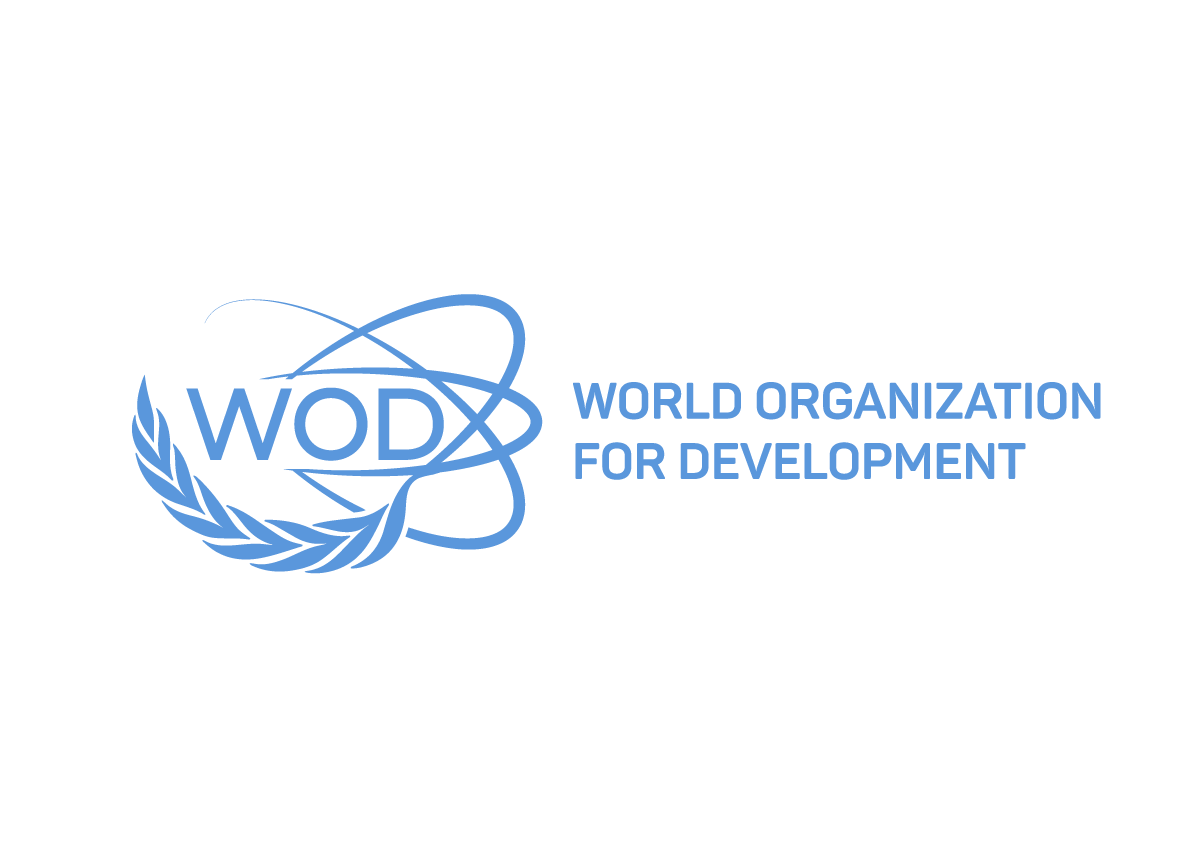A storm gathers over a beach in Barcelona, Spain. A new UN-led financing tool to strengthen weather and climate forecasting, improve life-saving early warning systems, safeguard jobs, and underpin climate adaptation for long-term resilience, officially opened for business on Thursday. The Systematic Observations Financing Facility (SOFF) is a key building block for a new initiative spearheaded by UN Secretary-General General António Guterres to ensure that early warning services cover everyone on Earth, within the next five years.
SOFF seeks to address the long-standing problem of inadequate weather forecasting and climate services, especially in Least Developed Countries (LDCs) and Small Island Developing States (SIDS).
In support of the Paris Agreement on climate change, it will strengthen the international response to keeping global warming to 1.5 degrees Celsius, “by filling the data gaps that limit our understanding of the climate”, according to a press release issued by the World Meteorological Organization, WMO.
These gaps affect national agencies’ ability to predict and adapt to extreme weather events such as floods, droughts and heatwaves, all of which are on the rise, in line with the warming climate.
Heads of the three founding agencies, WMO, the UN Development Programme (UNDP) and UN Environment Programme (UNEP), joined ministers from donor countries, LDC Group members, Alliance of Small Island States (AOSIS) representatives and development partners, at the first SOFF Steering Committee meeting in Helsinki on Thursday to get the facility up and running.
Boost ‘the power of prediction’
“As the climate crisis worsens, it is crucial that we boost the power of prediction for everyone so countries can reduce disaster risk”, said the UN chief.
“That is why we have launched an initiative to ensure that every person on Earth is protected by early warning systems within the next five years. SOFF is an essential tool to achieve this. I thank all the countries that are providing initial funding to the SOFF UN Multi-Partner Trust Fund and urge others to do the same”.
“Early warning systems are built on the foundation of weather observation data, but this foundation is patchy to non-existent in many in LDCs and African countries,” stated Selwin Hart, Special Adviser to the Secretary-General on Climate Action and Just Transition.
Join the club
“I want to congratulate all the countries that have come forward and announce or soon will announce their financial contributions to the SOFF UN Multi Partner Trust Fund. I urge others to follow suit and help create a strong global data foundation upon which timely, accurate, people centered early warning systems can be built for everyone. Our collective efforts are needed more than ever.”
WMO Secretary-General, Petteri Taalas, pointed out that today, less than 10 per cent of required basic weather and climate forecasting systems are available from SIDS and LDCs.
“The world urgently needs this data and this is why SOFF will be a partnership of equals where everyone has a role and responsibilities.”
SOFF provides benefits not only to the most vulnerable countries, but to all countries across the globe, said WMO. The improved availability of weather and climate observations enabled by the SOFF are essential if the world community is to realize the 162 billion US dollars annually in socio-economic benefits of weather and climate prediction.

Many of the impacts of climate change are experienced through water-related events, including intensified storms.
Best science, best data
Inger Andersen, UNEP Executive Director, emphasized that “now is the time to begin business by providing financial resources and technical capacity, by ensuring that from local to the global, all our actions can be informed by the best science and the best data. My deep thanks to the generous funders who will announce their firm pledges today. I encourage all to follow suit because now is the time to roll up our sleeves and get to work for people and for planet.”
UN Under-Secretary General and UNDP Associate Administrator Usha Rao-Monari followed, adding that “The United Nations Development Program is a proud co-founder of the SOFF UN Multi-Partner Trust Fund. Together with WMO and UNEP we are building upon the momentum generated over the past two years and I want to sincerely thank all stakeholders that contributed to the development of the SOFF. The specialized support provided by SOF is needed more than ever.”




Comments are closed.